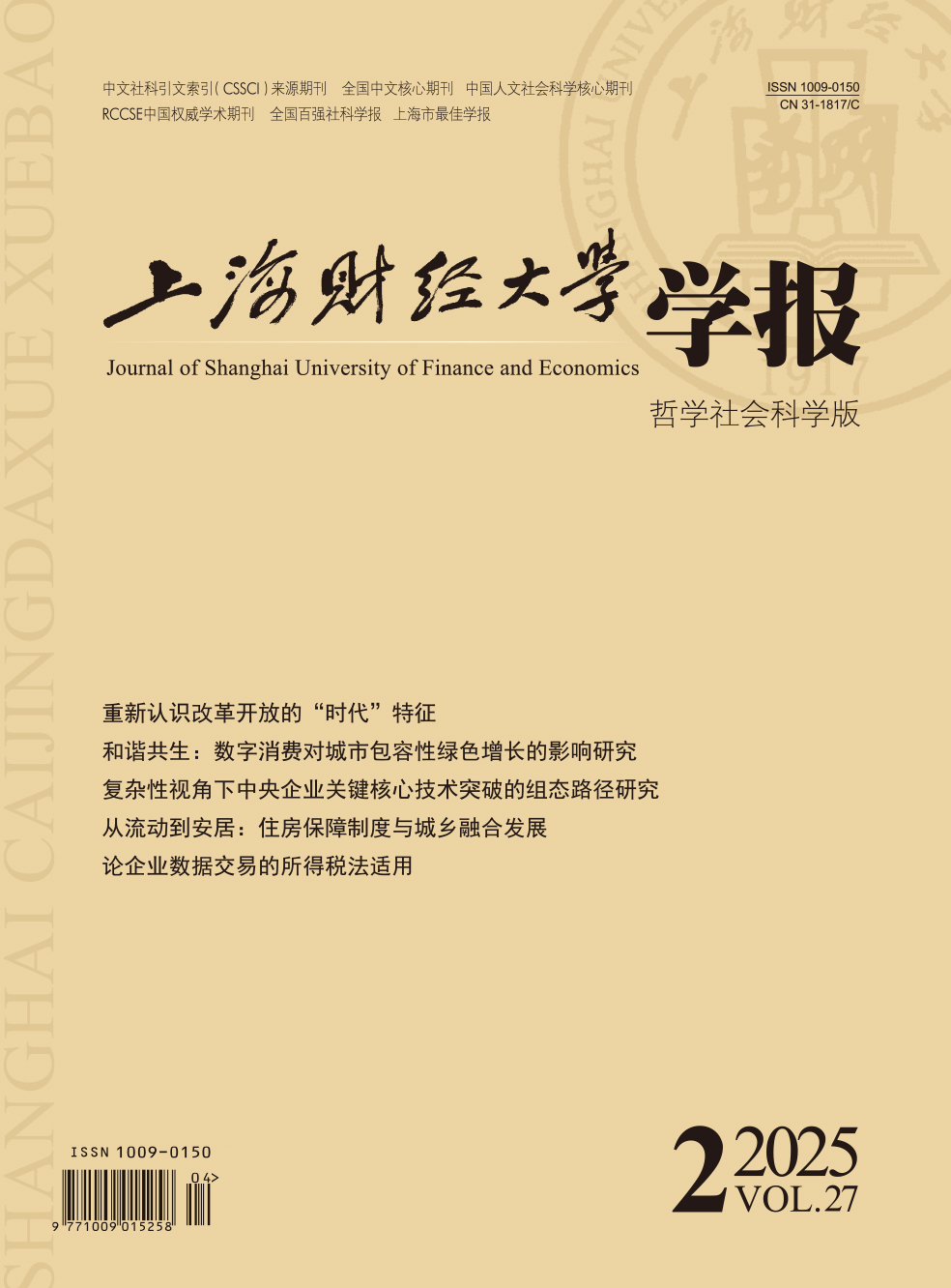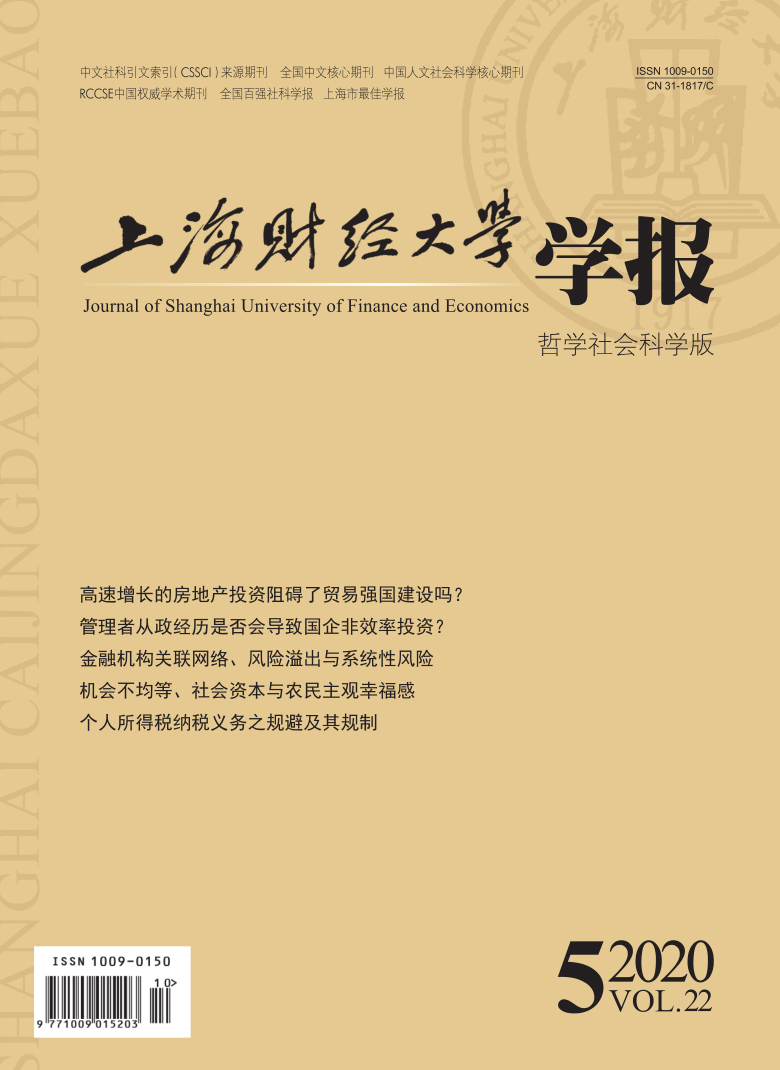Individual investors are always inevitably in the social network context, and their socialization varies greatly with their respective environment and social background. But at the same time, people will naturally communicate and share information to make up for their lack of information and experience. Investor sentiment will not only be affected by individual characteristics, but also be influenced by social networks, showing convergence during the interaction process. This paper collects individual investor characteristics, social networks, and sentiment state utilizing a network questionnaire, constructs the comprehensive indexes of investor sentiment and social networks, and analyzes the socialized influencing factors and diffusion mechanism of investor sentiment.
The empirical results based on the online questionnaire survey data show that: Firstly, the individual characteristics of investors will affect their sentimental state. There is a positive promotion effect of variables such as the education and income, investment experience, household asset size, and stock investment ratio; the CCP membership of investors shows a significant negative effect, and age has an inverted U-shaped effect on their sentiment. Secondly, social network relationships have an inverted U-shaped effect on investor sentiment. Investors with very weak or strong social network relationships have a more peaceful sentimental state. Thirdly, group sentiment within the network will promote individual sentiment, causing investor sentiment to spread within the social network. But sentiment diffusion has significant differences among different types of investors, and the sentiment is more likely to spread among investors with low academic qualifications, not-CCP members, short investment years, and weak social networks. Finally, from the perspective of diffusion channels, the sentiment is mainly diffused in the network based on social interaction mechanisms, information mechanisms, and funding mechanisms. Among them, the social interaction and the breadth of information sources have an inhibitory effect on sentiment diffusion. The wider the source of funds and the higher the cost of funds, the lower the probability of sentiment spreading.
These conclusions expand the research scope of investor sentiment in the context of social networks, and help to deeply understand how the sentiment spreads under the influence of individual characteristics and social networks. Also, these conclusions may enlighten stock market regulators to educate individual investors and suppress irrational investment behavior.





 4003
4003  7745
7745

